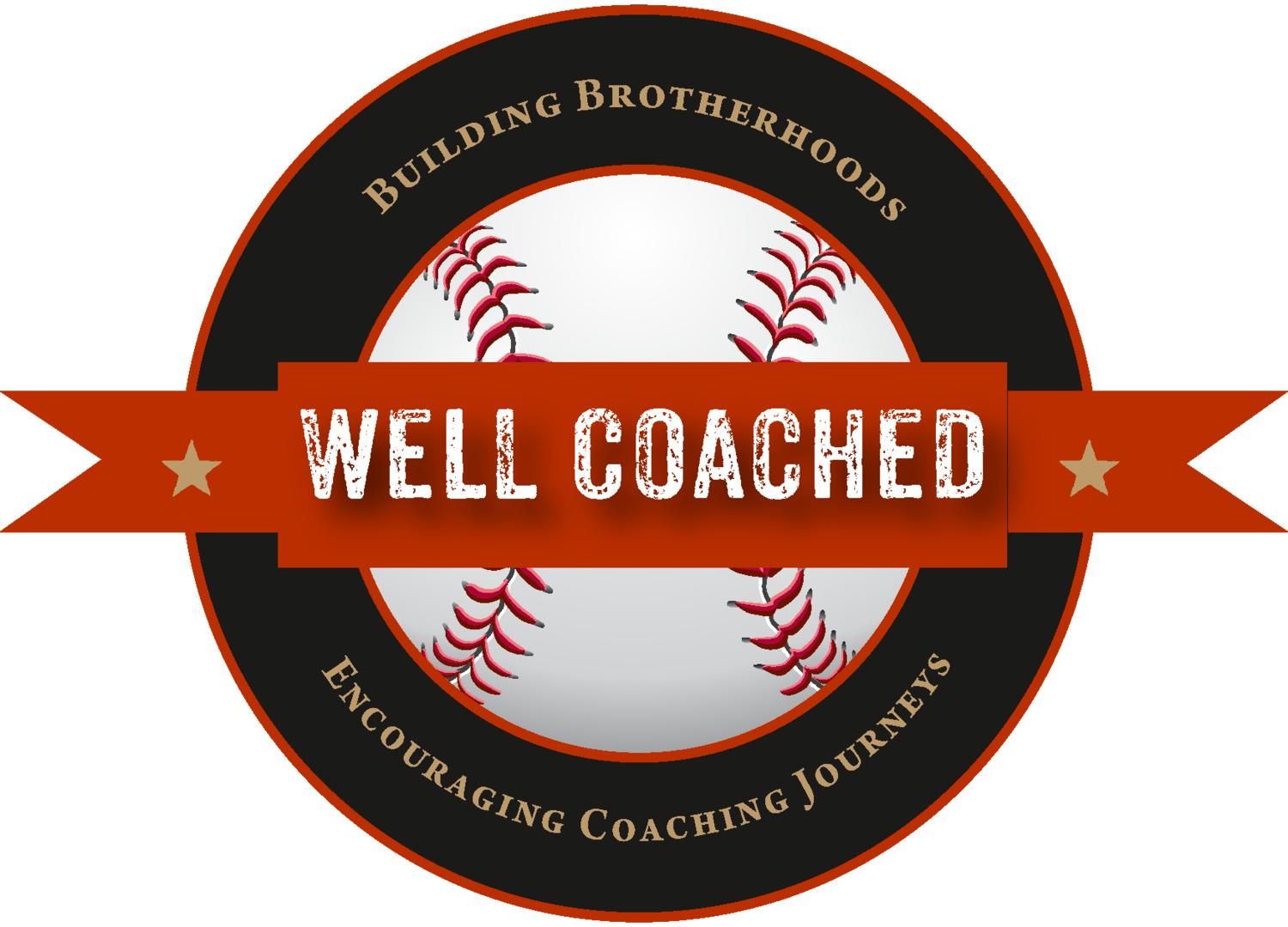Is This the Best We Can Do?
One of the treats of recent summers has been the release of new seasons of Malcolm Gladwell’s “Revisionist History.” We no longer have to wait years for great authors to produce content. The best of the best now make more of their thoughts and research available more frequently.
Gladwell’s most recent offering explores how Hitler was able to host the 1936 Olympics. In hindsight, this seems unthinkable, but, in a way that only Gladwell can, he invites us to explore the deeper ethical questions those in charge with the decision struggled with in the moment. It doesn’t make the end decision right, but it does force us to see both sides of the argument in the moment, even when hindsight offers absolute clarity. The series is worth a listen.
In episode two, Gladwell finds primary source material from a special program produced for the International Olympic Committee meeting in Vienna in June of 1933. The men have gathered to discuss the ideals of the games and whether or not they should continue with the 1936 Olympics with Berlin as the host. Gladwell reads the opening questionnaire in the program:
Are you a sportsman?
Do you play the game for the game’s sake?
Do you play for your team and not yourself?
Do you carry out your captain’s orders without question or criticism?
Do you accept the umpires decision absolutely?
Do you win without swank and lose without grousing?
Would you rather lose than do anything which you are not sure is fair?
Classical thinking was applied in those questions to what was once beautiful in athletics and in the Olympic Games themselves.
Fast forward 90 years to the Nike commercials that just dropped before this year’s Olympics in Paris. Oh how far we have fallen in asking the bigger questions. The ad asks, “Am I a bad person?” and lists the following as attributes of competitive pursuits:
Single-minded
Deceptive
Obsessive
Selfish
No empathy
Don’t respect you
Never satisfied
Obsession with power
Irrational
Zero remorse
No sense of compassion
Delusional
Maniacal
Think I’m better than anyone else
Want to take what’s yours and never give it back
What’s mine is mine and what’s yours is mine
The final statement, “Winning isn’t for everyone,” implying that one has to live by the above list in order to win. Now, this is the same company that would say they used the Charles Barkley “I am not a role model” campaign to spark conversation. Well, maybe.
To answer to the initial question, “Am I a bad person?” and then the inference that you have to be all of those things to win, I’m not going to say I know that for sure and I’m not in a position to judge. But what is clear is that this is not a list of timeless ideals or virtues. That much is clear. What is also clear is that forgetting or ignoring the six questions from the IOC questionnaire in 1933 has not had a positive effect on any part of our society as a whole.
Sports represent a microcosm of the greater problems we’re experiencing as a whole. They are on the cutting edge of the breaking points of our foundations.
So what can we do? We can lean into better thinking, ideals and virtues that have existed for thousands of years. Whether they are concepts like love, discipline, grace, and forgiveness from Well Coached, or other Biblical thinking, or even ideas from stoicism that Ryan Holiday espouses daily. Do things in life that have proven to be valuable over the test of time. Nike’s ad is misguided but is also representative of current thinking. Those things don’t last, and, in reality, don’t produce winners in the short or long term. We can do better. It just takes effort and a willingness to look back in time instead of inside the depths of our singular motivations. Winning is for everyone…but only few find out what really wins.

